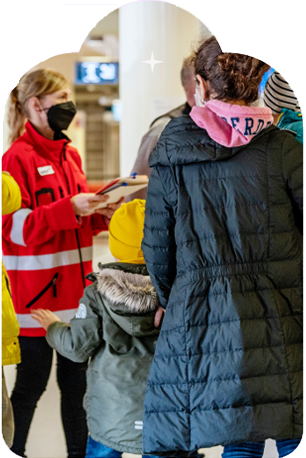Carried away by the flood of grim news
Russia’s invasion of Ukraine led to many people getting into a habit that is known as doomscrolling This means following online the twists and turns of the war in an intense and almost compulsive manner. Doomscrolling gives the person a sense of security because they feel that they have all the available information to hand. This feeling does not lasts, however, so the news then has to be checked again a moment later. This makes it difficult to break the habit, even though being absorbed in a constant stream of war news just feeds feelings of fear and anxiety.
Doomscrolling is a common phenomenon in many crisis areas around the world. Indeed, it has become so widespread that the Oxford English Dictionary listed it as a 2020 Word of the Year and added it to the dictionary. (Helsingin Sanomat 2 March 2022). In the 24 hours following the outbreak of the war, the most common Google search topics used by Finns were nuclear accidents, Mika Aaltola, Ukraine, Nato, nuclear weapons and Volodymyr Zelensky.

Source: Google Search Terms 2/2022
Military professor Aki-Mauri Huhtinen from the Finnish Defence Forces talks about media literacy and war reporting.
Thank you.
You were not alone with your feelings.
{{ parseInt(result.result_count * 100 / totalVotes)}} %
{{ result.result_name }}



